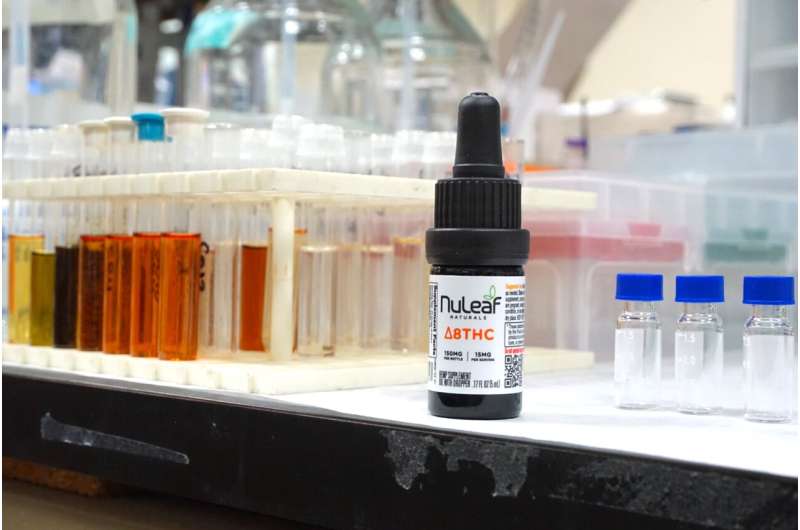High THC Levels Linked to Increased Risk of Schizophrenia and Psychosis

High concentrations of THC in cannabis are associated with increased risks of schizophrenia, psychosis, and substance use disorders, highlighting the need for cautious consumption and further research.
Recent systematic reviews have highlighted the potential mental health risks associated with high-concentration tetrahydrocannabinol (THC) in cannabis products. Researchers analyzed 99 studies involving over 221,000 participants, conducted between 1977 and 2023, to understand how high-potency cannabis affects mental health outcomes. The findings indicate that products containing THC exceeding 5 mg per dose or 10% THC are linked to a higher risk of developing psychosis, schizophrenia, and cannabis use disorder (CUD). This association is particularly evident in studies that do not have a therapeutic focus.
The review categorized effects into three timeframes: acute (within 12 hours), post-acute (after 1-2 months of regular use), and long-term (beyond one year). Results showed that high-THC products were consistently associated with adverse mental health outcomes, especially psychosis and schizophrenia, with no evidence supporting therapeutic benefits for these conditions. While some therapeutic studies indicated potential benefits for anxiety and depression, others suggested that high THC levels could worsen these issues.
Despite the clear trend of increased adverse outcomes with higher THC concentrations, the evidence remains limited, and researchers emphasize the need for more rigorous studies to provide definitive clinical guidance. The study underscores the importance for users and clinicians to be cautious about high-potency cannabis products, given their potential to contribute to serious mental health issues.
This research was published in the Annals of Internal Medicine and conducted by experts from the University of Colorado Anschutz Medical Campus. The findings reinforce the notion that higher THC concentrations may elevate the risk of mental health disorders, but more comprehensive research is essential for conclusive recommendations. For further details, visit source: https://medicalxpress.com/news/2025-08-high-thc-schizophrenia-psychosis-unfavorable.html.
Stay Updated with Mia's Feed
Get the latest health & wellness insights delivered straight to your inbox.
Related Articles
Building Children's Well-Being Through Confidence and Control in Physical Activity
New research reveals that children's confidence, autonomy, and sense of safety during physical activity significantly improve their mental health and overall well-being. Key insights suggest shifting focus from mere activity volume to positive experiences.
Harnessing AI for Suicide Prevention Through Real-Time Monitoring
Discover how AI and real-time monitoring through digital devices are revolutionizing suicide prevention by providing personalized, timely mental health support.
Parental Engagement Promotes Better Sleep in Pre-Teen Children
A new study shows that parental involvement and strong family bonds are crucial for ensuring adequate sleep in pre-teen children, highlighting social connectedness as a key factor for better sleep health.



